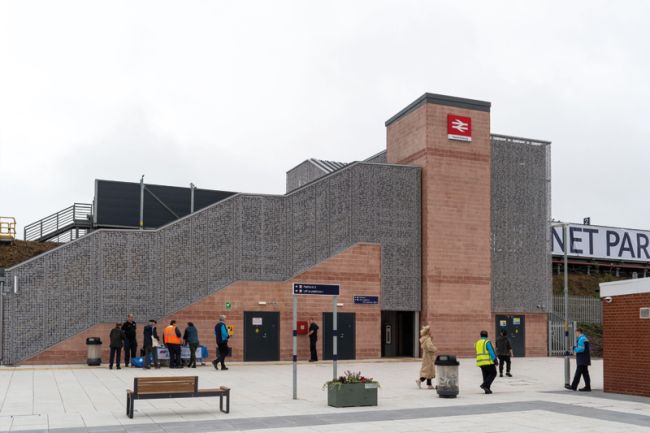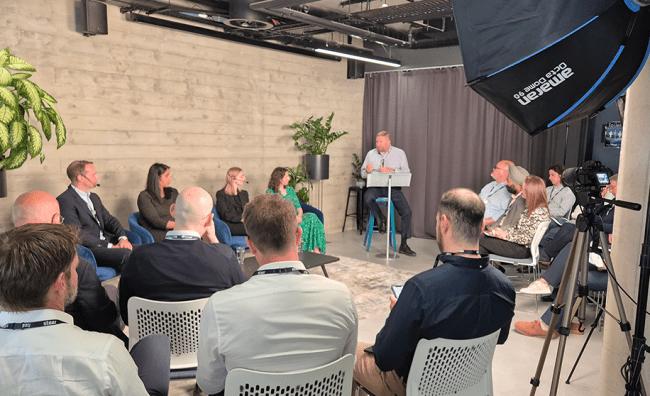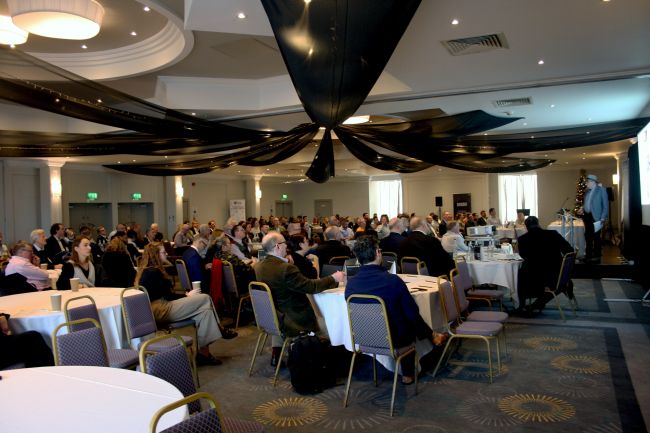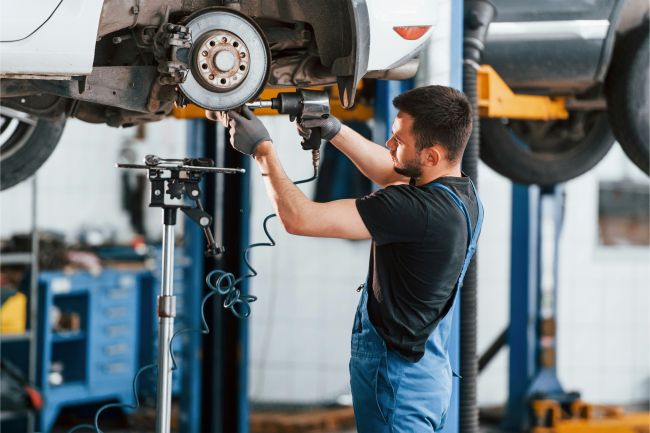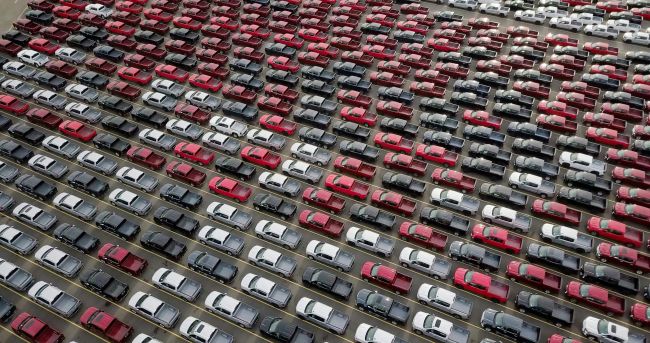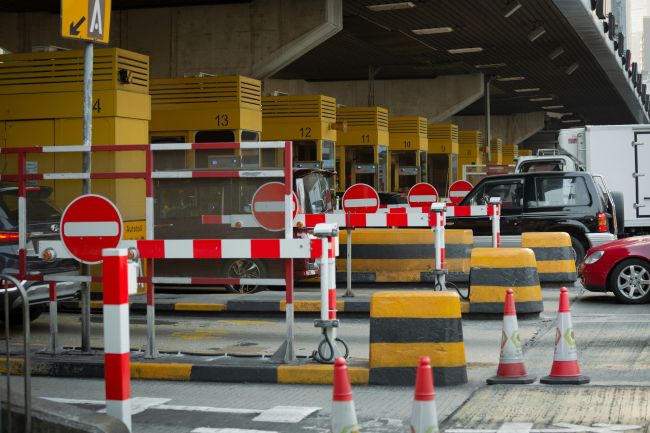Making the smarter choice in times of austerity
For many transport professionals the current pinch on public sector spending is forcing a rethink on the future of local transport planning.

For many transport professionals the current pinch on public sector spending is forcing a rethink on the future of local transport planning. Does this present a real opportunity for smarter choice interventions to come to the fore in local transport planning? I suggest that it does. The reasons for this are two-fold: ‘innovative, low-cost, high-value options’
As spending on large transport infrastructure projects comes under pressure, there’s an opportunity to consider lower cost solutions such as investing in smarter choice interventions that optimise the use of the existing transport network rather than changing the network itself. Local authorities have massive assets at their disposal – in the form of their transport networks, and making better use of these should be a focus during this period of financial uncertainty.
Everyone’s looking for ways to spend less
We are all thinking more seriously about our spending. In addition to us as individuals rethinking how we undertake some journeys to reduce costs, many organisations are accelerating a change in working practices in order to cut back their spending on staff-related travel.
Maximising impacts
The overall expenditure on travel behaviour change interventions is typically much lower than large infrastructure expenditure. The economics of behaviour change show that lasting change to active travel for just tens of people justifies the expenditure of hundreds of thousands of pounds.
The financial pressures we all face, combined with evidence showing that we are becoming more aware of our health and fitness, could accelerate changes to travel behaviour:
- One of the clear outcomes of the soaring fuel prices in 2008 was that car-use dropped. The same has happened recently. As improved road safety figures were a result of the fuel protests, is the travel behaviour change agenda likely to benefit from the financial crisis?
- People discover what is literally on their doorstep. From our Sustainable Travel Towns experiences, one Darlington man said, “I would cycle but there’s no cycle routes here”, when there was one less than 50 metres away from the bottom of his garden.
- Whilst the proportion of households with access to a car may not change, purchases of new cars are falling and it is possible that the car will be seen as a high-cost option for a larger number of trips.
Practical Choices
Spending cut backs could signal the fast-tracking of smarter choices into the mainstream. The challenge now though is for decision-makers at all levels to engrain smarter choices into their plans in a much more robust and credible way.
Of course, smarter choice interventions are not always the white knight. Our experience tells us that they only provide value for money in certain situations and we have already helped a number of local authorities prioritise limited resources by identifying where the potential for behaviour change is greatest.
The partners involved in the delivery of Transport for South Hampshire (TfSH) are one group of local authorities that have grasped the smarter choices nettle. TfSH Project Director, Keith Willcox, says that:
“We are committed to the delivery of a comprehensive programme of behaviour change measures, but it is important to note that these require funding too. That said, their lower cost and high impact nature makes them particularly attractive in these austere times. Successful local initiatives include workplace travel planning (with bonds), Bus IT, the Solent Travel Card, and ROMANSE, which provides information to travellers to make informed decisions about their travel. In addition we are producing ‘reduce’ and ‘manage’ strategies and developing our evidence base, which will be capable of testing smarter choice initiatives, including land-use planning responses, which are key to imbedding ‘good’ travel habits.”
As we rethink how we travel and the public sector purse is squeezed, local decision makers have an opportunity to challenge conventional thinking on local transport planning. Will the response be to deliver smarter choices in a piecemeal fashion or to enable these interventions to be an effective part of achieving local objectives through a targeted approach? Only time will tell.

